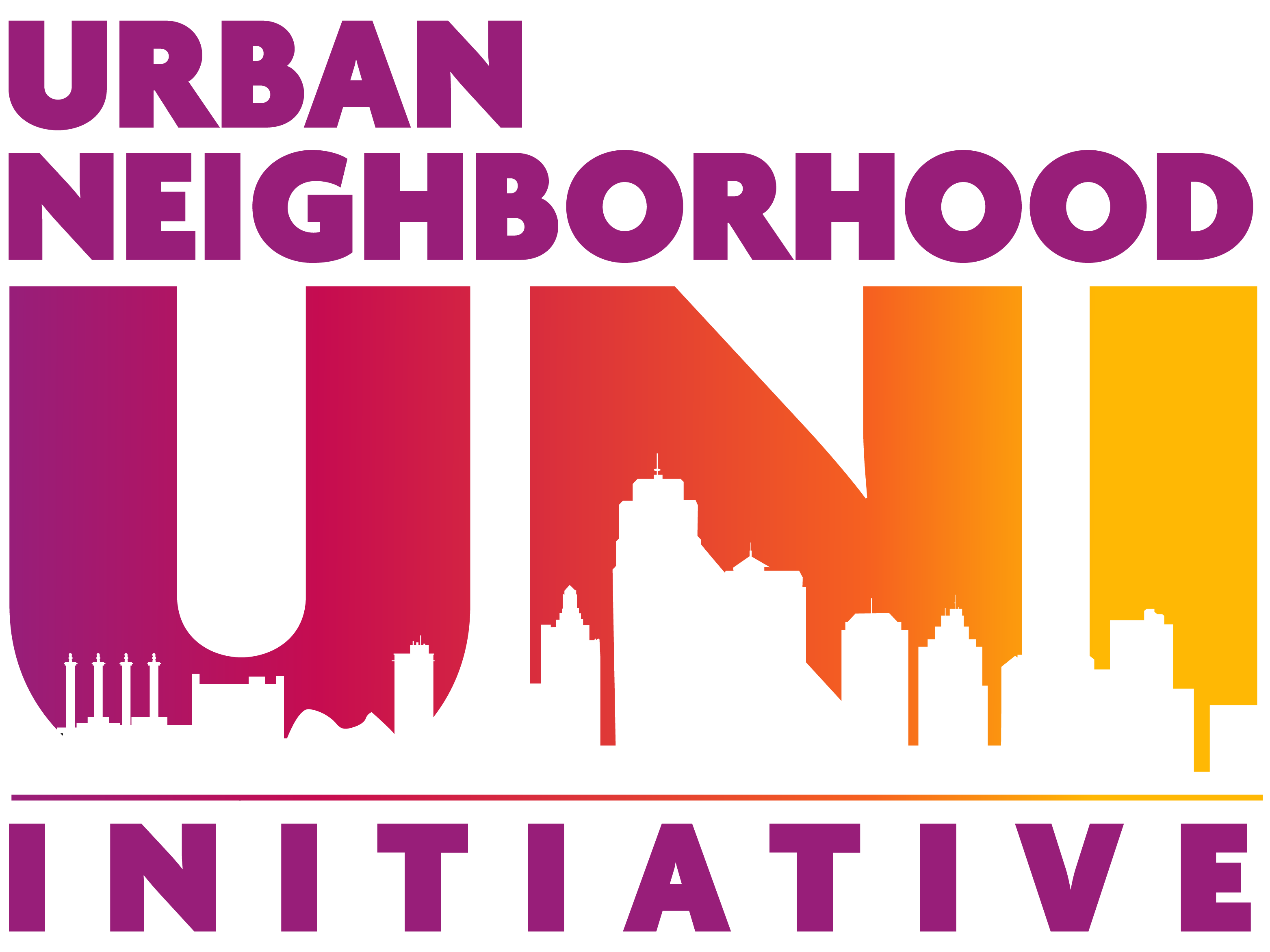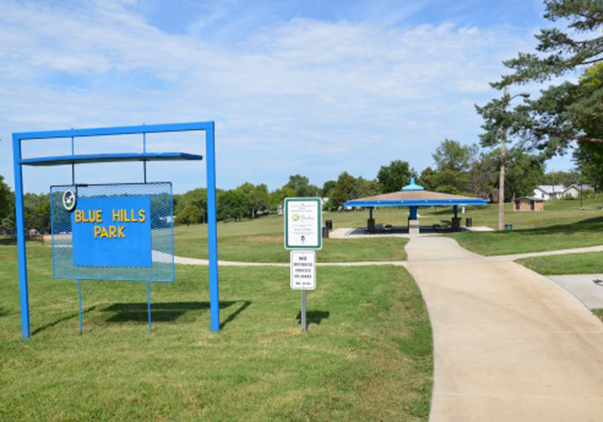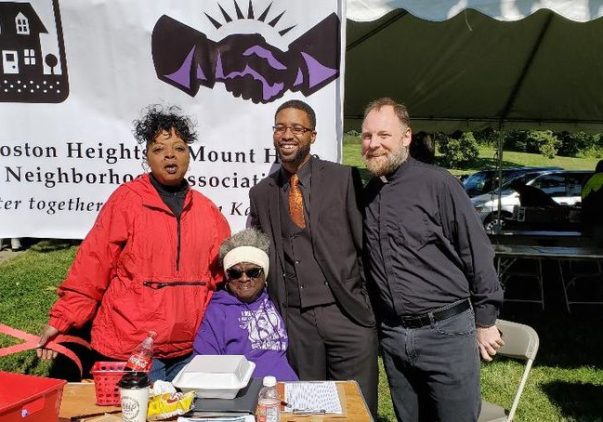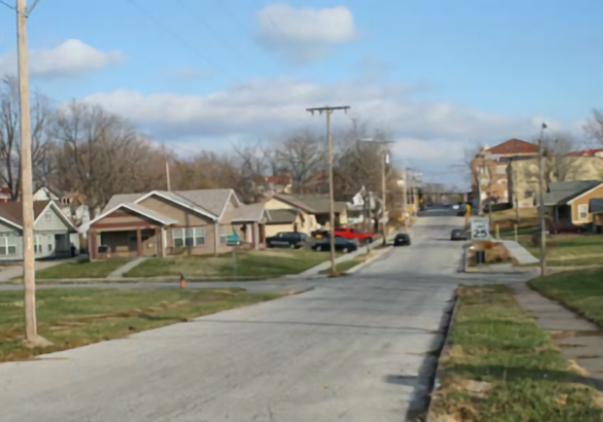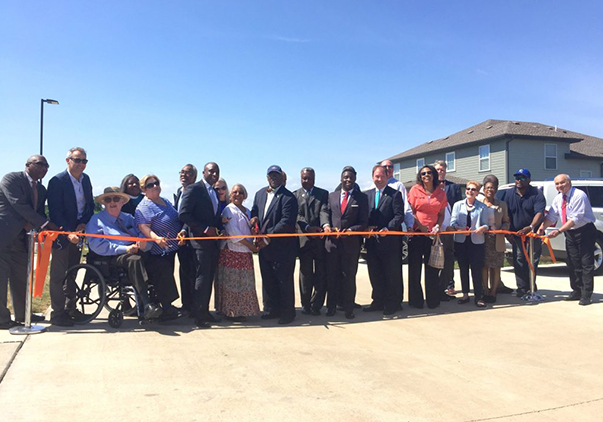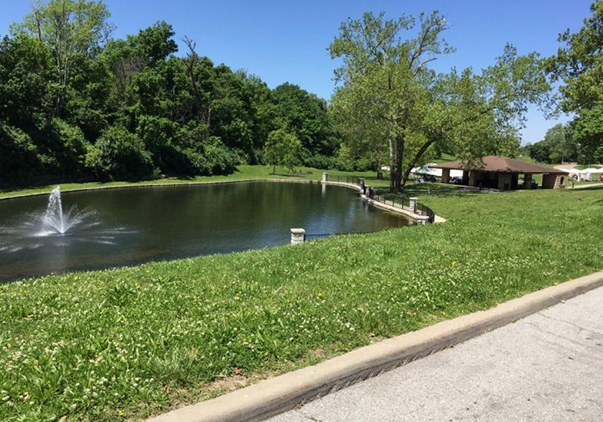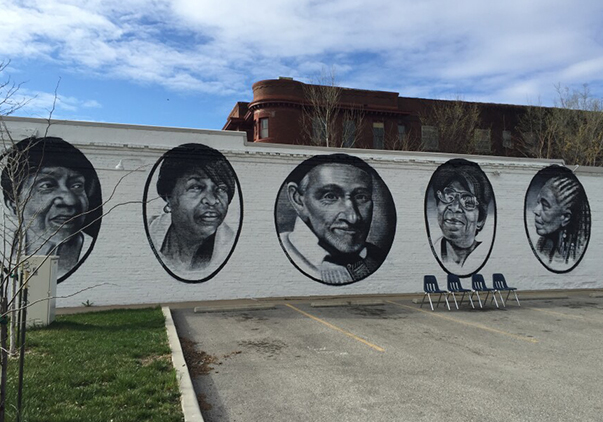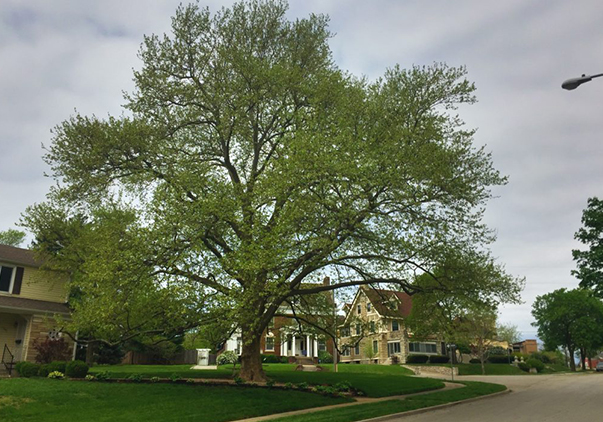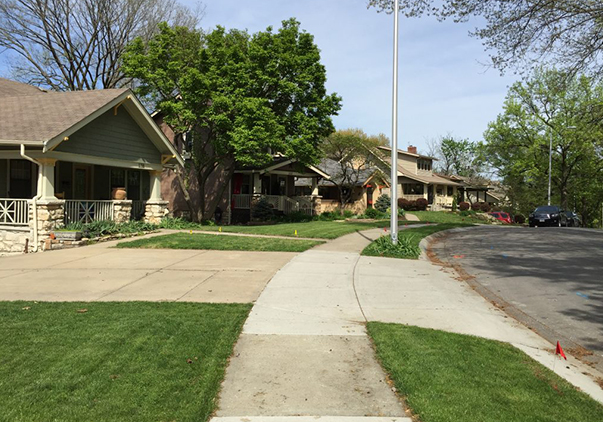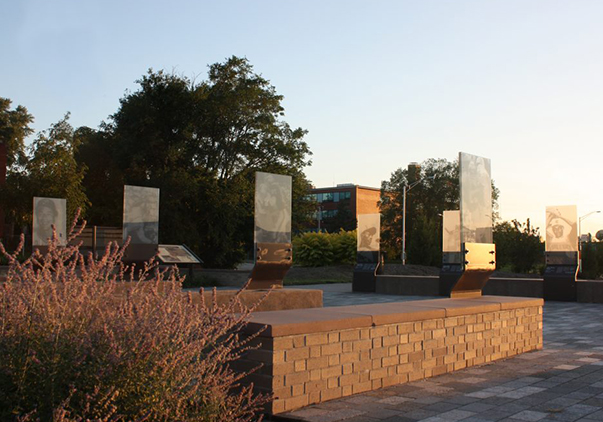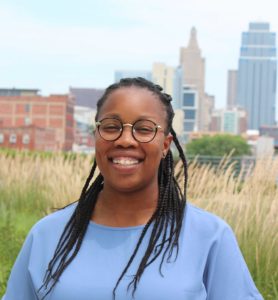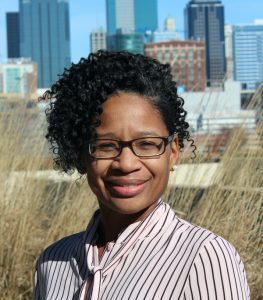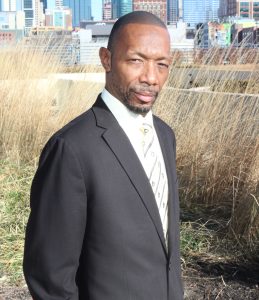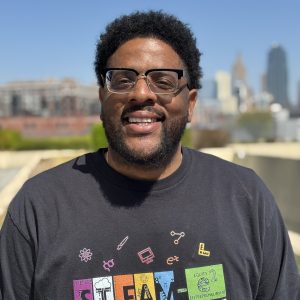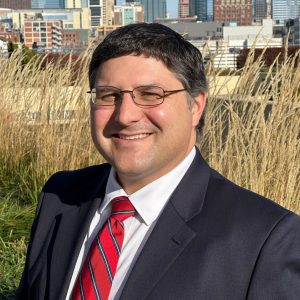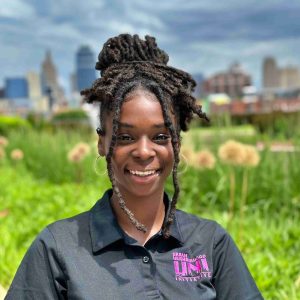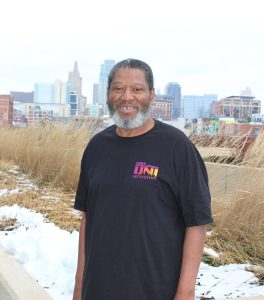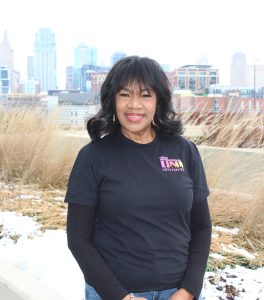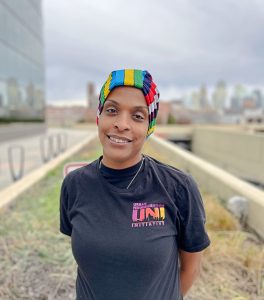Who We Are
We Are UNI
Our Priorities: Engage, Encourage, Elevate, and Educate
The Urban Neighborhood Initiative is a community development corporation that serves residents in the urban core of Kansas City. We believe in strengthening communities through building quality mixed-income housing, serving as a connection to resources, presenting STEAM-based educational experiences for youth, and providing space for community organizations to meet and connect.
Mission Statement: To build communities with purpose on purpose where every household member is engaged, encouraged, elevated, and educated through the joys of stable housing, quality programming, and impactful services.
Vision Statement: To see communities that are engaged, encouraged, elevated, and educated.
Purpose Statement: Team members of The Urban Neighborhood Initiative are to be R.E.A.C.H.E.R.S of resources in our communities.
R- Real Estate Development
E- Education
A- Arts
C-Careers/culture
H-Health
E- Engagement
R- Reinvestment/ Redevelopment
S- Safety
DIVERSITY, EQUITY, INCLUSION, & JUSTICE STATEMENT OF PRINCIPLE
- We value the seen and unseen qualities that make communities who they are.
- We welcome that every community brings a unique perspective and experience to advance our mission and progress our fight for the housing, health, education, and financial stability of every person in every community.
- We believe that each UNI community member, donor, volunteer, advocate, and employee must have equal access to solving community problems.
- We strive to include diversity, equity, inclusion, & justice practices at the center of our daily work.
- We commit to using these practices for our business and our communities.
Our History
Community Milestones
UNI evolved as one of the Greater Kansas City Chamber of Commerce’s “Big 5” initiatives and from work of United Way of Greater Kansas City, becoming an independent 501c3 in 2012 and established as a Community Development Corporation (CDC) in 2016.
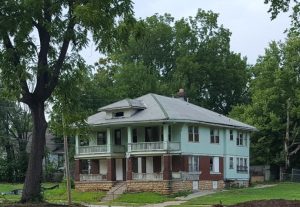

The Urban Neighborhood Initiative (UNI) evolved as one of the Greater Kansas City Chamber of Commerce’s “Big 5” initiatives and from work of United Way of Greater Kansas City, becoming an independent 501c3
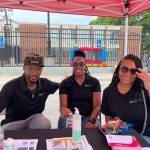
UNI organization expansion to include: community engagement and resource fairs, and neighborhood block parties

Programmatic expansion into housing and real estate development
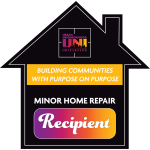
Programmatic expansion minor home repair
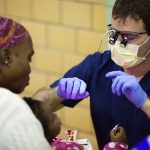
COVID-19 response programs

Dianne Cleaver retires as President/CEO. Jamee Rodgers named new President/CEO
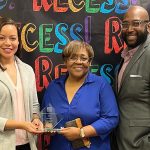
10 year celebration first annual Recess! gala
Our Neighborhoods
Committed to community betterment
We serve ten communities south of Truman, north of 52nd street, east of Troost, and west of Prospect.
Our Team
UNI has grown to a staff of 15!
The Community We Serve
Live at or below the poverty level
Between 100-200 percent poverty level
Did not complete high school
Have no education beyond high school level
